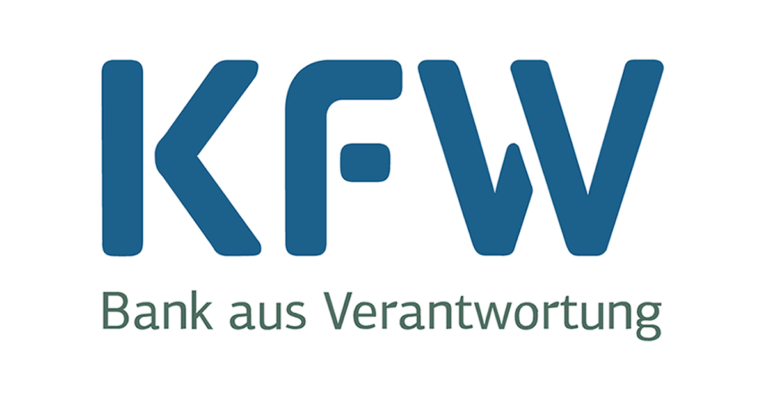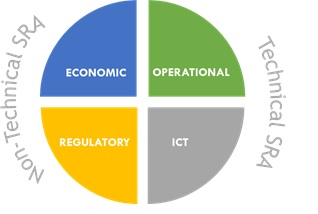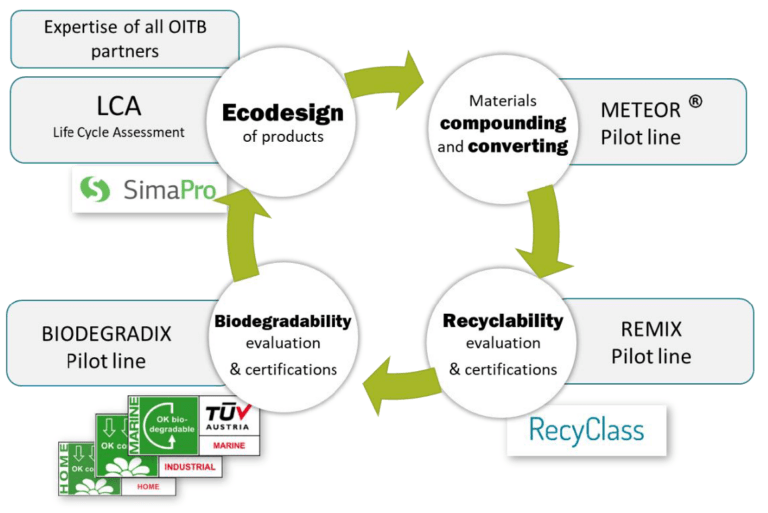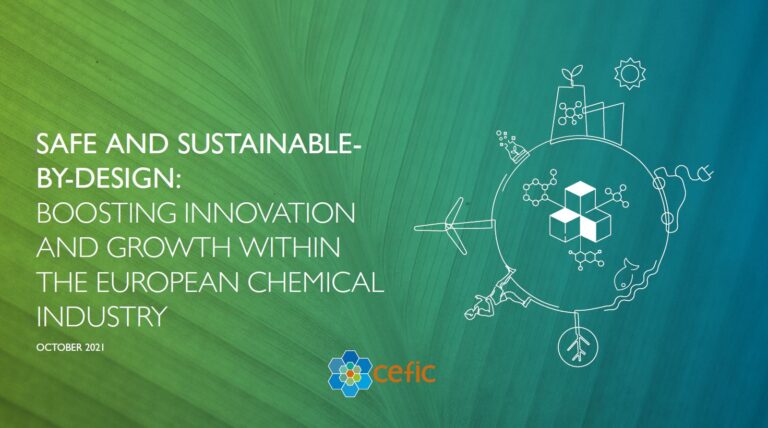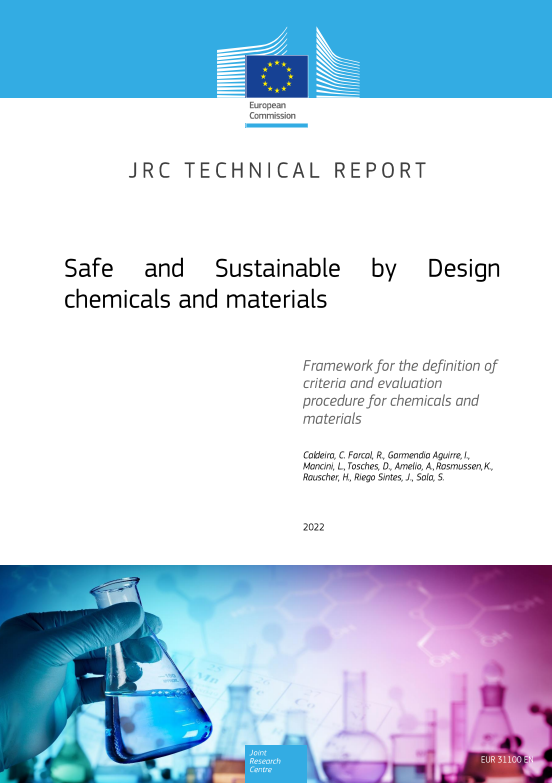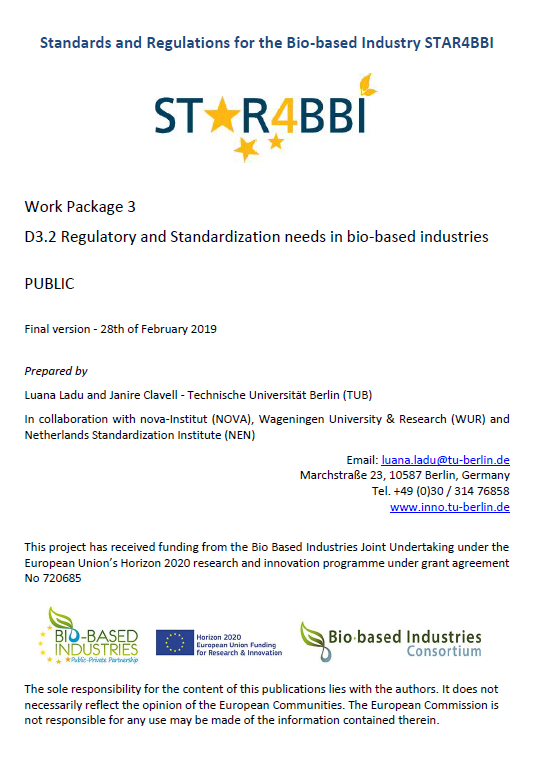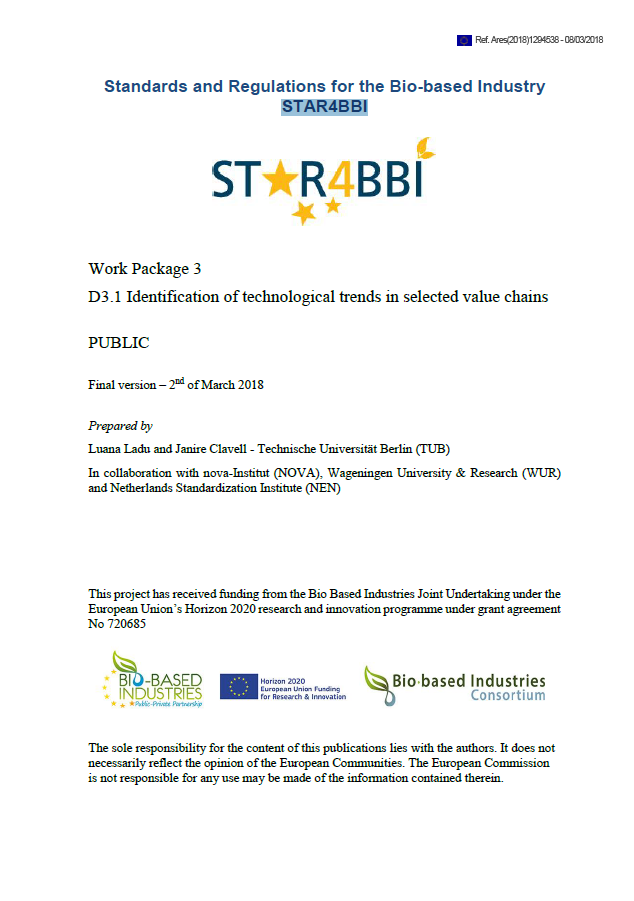Add to favorites:
Share:
Expected Outcome
Successful proposals will contribute to the EU Initiative on Biotech and Biomanufacturing, the implementation of the EU Bioeconomy Strategy and its action plan, the Circular Economy Action Plan, the EU Zero pollution ambition for a toxic-free environment under the Chemicals Strategy for Sustainability and the Zero Pollution Action Plan, as well as the EU Industrial strategy.
Projects results are expected to contribute to the following expected outcomes:
- Increased scale-up potential and sustainability of biotech processes to produce bio-based chemicals, materials and/or ingredients, contributing to increased competitiveness of industrial biotech in EU.
- Increased and stable productivity and selectivity compared to benchmark batch/fed-batch process(es), if available at industrial scale.
- Purity of end-product(s) in line with application requirements.
Scope
Many bio-based chemicals/products are manufactured via biotech batch or fed-batch processes at commercial scale, which despite being easier to be controlled and scaled-up, often result into lower productivity, higher equipment downtime and increased costs. Continuous biotech processes could represent promising emerging alternatives in biorefineries targeting high productivity and reduced costs. Despite having achieved significant advancements in some cases, there are still challenges to overcome towards scaling-up, such as: contamination risks, genetic instability of cells, maintaining simultaneously high production titer, productivity and yield, lack of capability of further downstream processing (DSP) to handle flow and concentration variations from upstream process, advanced monitoring and control.
Proposals under this topic should:
- Identify the existing bottlenecks in the switch to continuous process(es), how the proposed innovative approach can overcome challenges of targeted process(es), which are currently only operating in batch or fed-batch mode, and specify the advantages of switching to continuous.
- Demonstrate continuous biotech process(es) (microbial, cell factories and/or enzymatic) for the sustainable production of bio-based chemicals, materials and/or ingredients[1] addressing identified bottlenecks.
- Together with addressing continuous upstream processing (encompassing biocatalysis optimisation), demonstrate integration of efficient DSP systems to achieve high purity, in compliance with final applications requirements, while also facilitating/not hindering the continuous upstream operation. Focus on one or more bio-based chemicals, materials and/or ingredients with high market potential.
- Address resource/energy efficiency and circularity by applying process intensification and by valorising upstream and downstream side-streams (e.g., water, fermentation media, exhausted cells, etc…).
In addition to the specific requirements applicable for the type of action, as described in section 2.2.3.1 of the CBE JU Annual Work Programme 2025[2], proposals under this topic should:
- Implement on-line monitoring and control systems including (if relevant) advanced AI/digital tools.
- Include a task to apply the safe-and-sustainable-by-design (SSbD) framework, developed by the European Commission. Under this context, projects are expected to also contribute with and develop recommendations that can advance further the application of the SSbD framework[3]
- Ensure complementarities with past and ongoing R&I projects, including projects funded under Horizon 2020 / Horizon Europe and by the BBI / CBE JU[4].
[1] Food/feed ingredients other than proteins are in scope (for proteins production, see also HORIZON-JU-CBE-2025-IA-04 Scaling-up nutritional proteins from alternative sources).
[2] https://www.cbe.europa.eu/reference-documents
[3] More specifically, provide thresholds that can support the criteria definition and improvements for the assessment SSbD methodologies, including any specificities related with bio-based chemicals. Recommendations should also include identification of data gaps, especially safety, environmental, but also socio-economic factors, as well as priorities for data collection
[4] For example, from H2020: ROBUSTOO, CirculH. For BBI/CBE JU: Zest, PROMOFER, FLEXIZYME, GoodByO. The list is not exhaustive.
Partner Requests
Explore Real Collaboration Opportunities
🔍 As a logged-in member, you now have exclusive access to all active Partner Requests for this Funding Call.
See who’s looking for collaborators, explore exciting project ideas, and discover how others are planning to make an impact.
💡 Use these insights to get inspired—or take the next step and start a request of your own (3 entries for free).
Log in or registrate here for free.
You must be logged in to submit or manage a partner request.
Ask our experts about this call
Connect with the Listing Owner!
💬 Please log in now to send a direct message to our experts and ask your questions. Not a member yet? Sign up for free and start connecting today!
Related Funding and Finance Opportunities
Unlock Exclusive Funding Opportunities!
🔑 Get instant access to tailored funding opportunities that perfectly match your needs. This powerful feature is exclusively available to our premium members—helping you save time, stay ahead of the competition, and secure the right funding faster.
Upgrade to Premium now and never miss an important opportunity again! Already a premium member? Log in here to explore your matches.
Related Innovation Offers
Related Knowledgebase Resources
Discover More with Premium: Related Knowledge Resources
🔒 You’re missing out on expert-curated knowledge specifically matched to this topic. As a Premium member, you gain exclusive access to in-depth articles, guides, and insights that help you make smarter decisions, faster.
Whether you’re preparing a funding proposal, researching a new market, or just need reliable information—our Premium knowledge matches save you hours of research and point you directly to what matters.
Upgrade to Premium now and instantly unlock relevant knowledge tailored to your needs! Already a member? Log in here to view your personalized content.
Access Restricted
This funding opportunity is only fully available to premium members.










